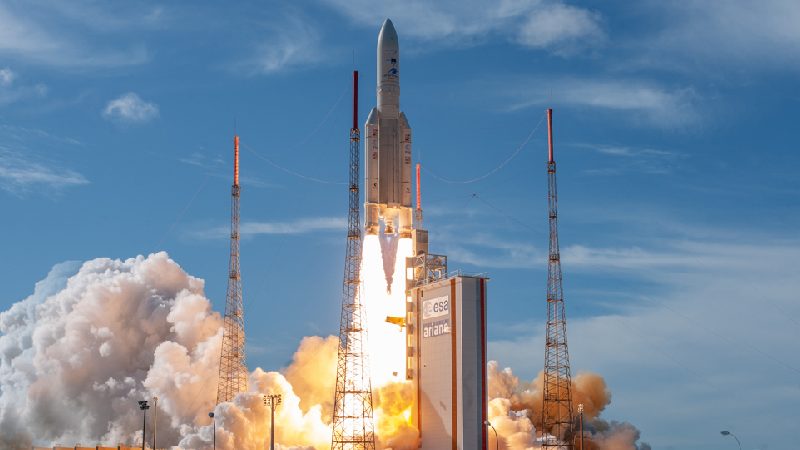Intelsat S.A. (I) had a rough trading day for Tuesday November 12 as shares tumbled 12.38%, or a loss of $-2.88 per share, to close at $20.39. After opening the day at $23.25, shares of Intelsat S.A. traded as high as $23.62 and as low as $19.78. Volume was 6.26 million shares over 38,051 trades, against an average daily volume of n/a shares and a total float of 141 million.
As a result of the decline, Intelsat S.A. now has a market cap of $2.87 billion. In the last year, shares of Intelsat S.A. have traded between a range of $29.54 and $14.81, and its 50-day SMA is currently $n/a and 200-day SMA is $n/a.
Intelsat SA is a Luxembourg-based company which operates satellite services business. It is engaged in providing diversified communications services to the media companies, fixed and wireless telecommunications operators, data networking service providers for enterprise and mobile applications in the air and on the seas, and a multinational corporation. In addition, it provides commercial satellite communication services to the United States government and other select military organizations and their contractors. Intelsat operates through a single segment being Providing satellite services. The company earns the majority of its revenue from North America.
Intelsat S.A. is based out of Luxembourg, and has some 1,187 employees. Its CEO is Stephen Spengler.
Intelsat S.A. is a component of the Russell 2000. The Russell 2000 is one of the leading indices tracking small-cap companies in the United States. It’s maintained by Russell Investments, an industry leader in creating and maintaining indices, and consists of the smallest 2000 stocks from the broader Russell 3000 index.
Russell’s indices differ from traditional indices like the Dow Jones Industrial Average (DJIA) or S&P 500, whose members are selected by committee, because they base membership entirely on an objective, rules based methodology. The 3,000 largest companies by market cap make up the Russell 3000, with the 2,000 smaller companies making up the Russell 2000. It’s a simple approach that gives a broad, unbiased look at the small-cap market as a whole.

